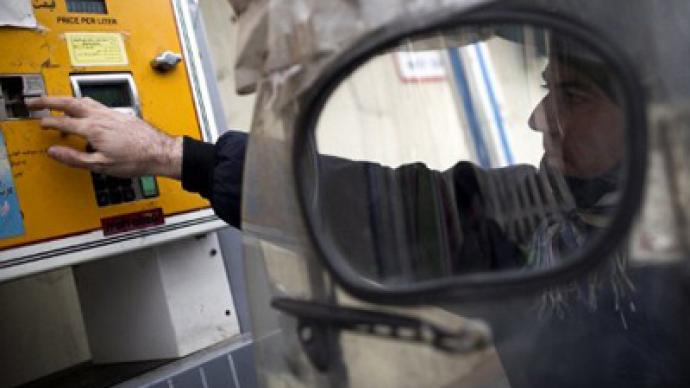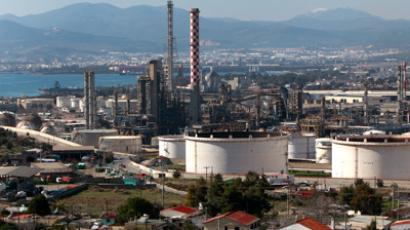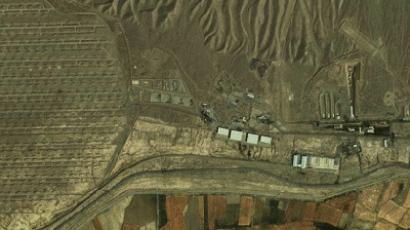Iran sanctions disrupting global oil supplies – US DOE

Western-imposed sanctions are disrupting Iran's oil exports - and further pressure could affect global oil markets, says a report by the Energy Information Administration, an analytical agency of the US Department of Energy.
The West seems to be drowning itself with harsh economic measures levied against Iran in an attempt to punish it for a nuclear weapons program whose existence remains apocryphal. According to a bimonthly EIA report published Wednesday, sanctions are already undermining oil exports from the Islamic Republic, and further measures could tighten global oil markets that have already been hit by a rash of outages in other countries. The EIA, an independent arm of the Department of Energy, received input on the report from the departments of Treasury and State and the Director of National Intelligence.Even before the sanctions take effect, American and European insurance companies are already finding it difficult to insure Iranian oil supplies as global oil prices are soaring, the EIA says. “There is emerging evidence that some shipments of Iranian crude oil under existing contracts are being curtailed due to the unwillingness of US and EU insurance providers to cover them,” the report reads. The sanctions imposed on Iran aim to hamper financing for the country’s nuclear program – which Iran maintains is strictly civilian in nature – by cutting revenues from oil exports. And new sanctions on foreign banks that facilitate the Iranian oil market are to come into effect at the end of June. But according to the EIA, already-constricted markets mean things are likely to get worse if Iran stops exporting oil. The report estimates the current global spare crude production capacity to be “quite modest,” especially considering uncertainty worldwide, not limited to Iran. And if Iran ceases oil supplies completely, the report says a global supply gap could reach a total of 1.6 million barrels a day. In response to the sanctions, Tehran has threatened to close the Strait of Hormuz, a crucial route that allows the delivery of around one fifth of the world's oil. And on Tuesday, the country announced that it would accept payment for oil supplies in gold and the national currencies of importer countries in order to avoid Washington's ban on the use of the US dollar in dealing with Iran.Oil outages in Yemen, Syria, South Sudan, and the North Sea are also contributing to the worsening of the situation.














